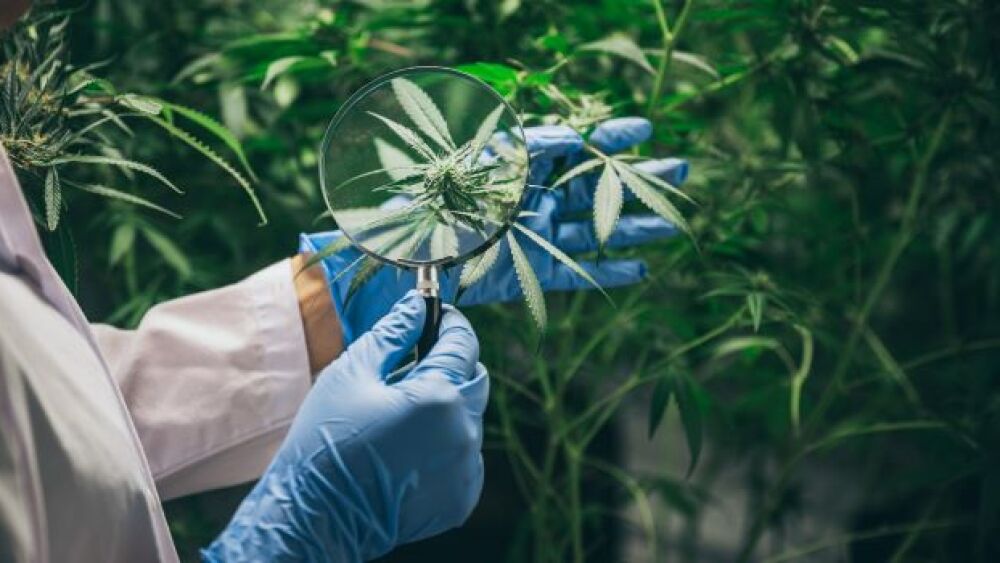The Phase II study, conducted in the Netherlands, evaluated the single-dose ANEB-001 in treating healthy participants affected by THC. Anebulo plans to file an IND with the FDA by the end of 2022.
Anebulo Pharmaceuticals posted positive topline results from Part A of its ongoing Phase II trial, being conducted in the Netherlands, on a potential drug intended to reverse acute cannabinoid intoxication (ACI).
The randomized, double-blind, placebo-controlled study, conducted at the Centre for Human Drug Research (CHDR) in the Netherlands, evaluated the single-dose ANEB-001 in treating healthy participants affected by delta-9-tetrahydrocannabinol (THC). THC is cannabis’ main psychoactive component.
The healthy adult occasional cannabis users were randomized into three treatment groups with a single oral dose of 10.5 mg THC and then with single oral doses of 50 mg ANEB-001, 100 mg ANEB-001 or a placebo. They were then monitored for 24 hours, and effects were measured using visual analog scale assessments and other objective intoxication metrics.
Initial data from the 60-subject study showed a significant reduction in key ACI symptoms, with only 10% of those who were given 50 mg of ANEB-001 and 30% of those given 100 mg still reporting feeling high. These findings starkly contrast with the 75% of the participants who still felt high in the placebo group.
In terms of safety, ANEB-001 appeared to be well tolerated. All adverse events recorded from Part A data were transient and mild, and only one participant experienced moderate nausea and vomiting after taking 50 mg of the drug. Anebulo scientists are thrilled, as the results indicate the drug’s strong potential to reverse ACI symptoms.
“We believe this proof-of-concept trial demonstrates ANEB-001’s potential to reverse the symptoms of ACI for many of the five thousand cannabinoid intoxicated individuals visiting our emergency departments in the United States on a daily basis,” Simon Allen, the chief executive officer of Anebulo, said in a statement.
“We believe marijuana legalization and greater consumer access to cheaper and higher potency THC products will continue to increase the incidence and severity of emergency department visits related to cannabinoid intoxication,” Anebulo added. “ANEB-001 has the potential to mitigate these unfortunate circumstances and reduce their burden on individuals, society and our healthcare system.”
There is no approved FDA treatment for ACI, and those suffering an acute high may be required to undergo expensive follow-up interventions for anxiety, acute psychosis and other neuropsychiatric complications.
“Patients are coming from multiple settings including first-time users taking small doses of THC, adults and children inadvertently ingesting powerful THC gummies, and regular users unintentionally overdosing on new and more powerful THC products. Introducing an effective cannabinoid antidote into our treatment options would represent a significant improvement in how we can manage these patients,” Dr. Andrew Monte M.D., Ph.D., a professor of Emergency Medicine & Medical Toxicology at the University of Colorado Denver-Anschutz Medical Center, commented in the same press release.
Based on the positive Part A results, Anebulo said it is now preparing to start Part B by the end of the third quarter to assess lower dose models. The company is also working within the U.S. Food and Drug Administration’s Model-Informed Drug Development (MIDD) to develop a PK/PD model that might enable the prediction of ideal doses for ACI. Anebulo also anticipates filing an Investigational New Drug application to begin trials in the U.S. by the end of this year.





